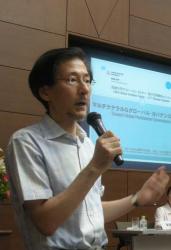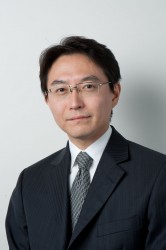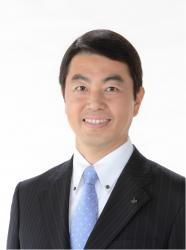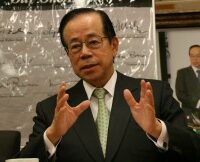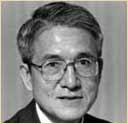
Much is being made of the fact that this year, 2011, is the sixtieth anniversary of the San Francisco peace conference that ended the state of war between Japan and the United States and at the same time established the basic framework for a security alliance between the two nations. We could also note that this year marks the seventieth anniversary of Pearl Harbor and the eightieth anniversary of the Japanese invasion of Manchuria that ultimately led to the U.S.-Japan war. It is also fifty years since 1961 when President John F. Kennedy and Prime Minister Ikeda Hayato declared a “new era” in the two countries’ relationship, and forty years since the “Nixon shocks” of 1971 that seemed to shake the foundation of... [Read more]
